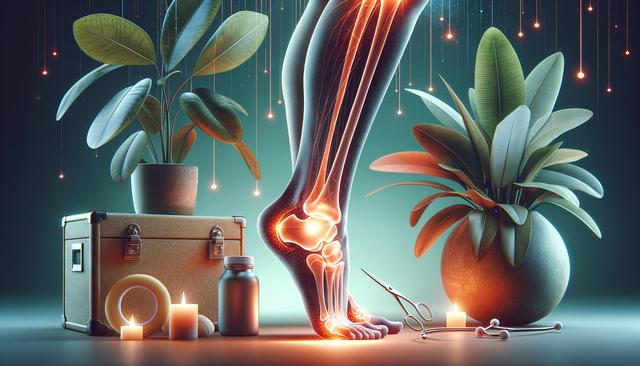Understanding Leg Pain at Night
Experiencing leg pain during the night is more common than many might think, and it can stem from a variety of sources. Understanding leg pain at night causes and relief begins with identifying the nature of the discomfort. For some, it may be a dull, persistent ache; for others, it appears as sudden cramps or an urge to move the legs continuously. These symptoms can point to several underlying conditions including muscle fatigue, dehydration, poor circulation, or nerve issues. Restless leg syndrome is another frequent culprit, often leading to disrupted sleep and next-day fatigue.
In particular, nighttime muscle pain in legs can be triggered by long periods of inactivity during the day or even overexertion. People who stand or sit for extended periods may find that their legs ache more as the muscles begin to stiffen or cramp. Identifying these patterns can be the first step toward finding practical solutions.
Common Triggers and Risk Factors
Several factors can increase the likelihood of nighttime leg discomfort. While age and physical activity level play a role, lifestyle habits, medications, and certain medical conditions also contribute. Some of the most common triggers include:
- Dehydration and electrolyte imbalance
- Standing or sitting in one position for too long
- Poor posture or improper footwear
- Underlying health conditions such as diabetes or varicose veins
- Use of medications that affect nerve or muscle function
Recognizing these risk factors can help in narrowing down remedies for leg pain while sleeping. Making small adjustments to daily routines, such as staying hydrated and incorporating gentle stretching into your evening, can make a noticeable difference.
Effective Home Remedies
If you’re wondering how to stop nighttime leg cramps, there are several simple and non-invasive methods to try at home. These approaches focus on relaxing the muscles, improving circulation, and preventing the onset of cramps or spasms. Some practical remedies include:
- Gentle stretching exercises before bed
- Applying a warm compress or taking a warm bath
- Staying well-hydrated throughout the day
- Massaging the legs to stimulate blood flow
- Elevating the legs to reduce pressure and improve circulation
Integrating these techniques into your nightly routine can help reduce the frequency and severity of leg pain episodes. For many, these remedies offer a safe and natural path to relief without the need for medication.
When to Seek Medical Advice
While home strategies can be effective for many, persistent or severe leg pain should not be ignored. If you find that restless legs and sleep issues are becoming a regular occurrence or if the pain worsens over time, it may be time to consult a healthcare provider. Medical professionals can evaluate for underlying issues such as nerve compression, circulatory problems, or chronic conditions that may require targeted treatment.
In some cases, diagnostic tests such as blood work, imaging, or nerve studies may be necessary to pinpoint the root cause. Treatment options might include physical therapy, nutritional supplements, or prescription medications, depending on the underlying condition. Prompt medical intervention can prevent complications and help restore restful sleep.
Building a Leg-Friendly Nighttime Routine
Creating an evening routine that supports leg health is a proactive way to manage and reduce discomfort. Small habits performed consistently can have a big impact over time. Consider incorporating the following practices into your nightly schedule:
- Wear compression socks if recommended by a healthcare provider
- Use a foam roller or massage ball to release muscle tension
- Limit caffeine and alcohol intake in the evening
- Practice relaxation techniques like deep breathing or meditation
- Ensure your sleeping environment supports good posture, such as using a pillow under the knees
These strategies not only target leg pain at night causes and relief, but also promote overall relaxation and readiness for sleep. A consistent routine can help your body transition smoothly into rest, reducing the likelihood of being awakened by leg discomfort.
Conclusion
Nighttime leg pain can significantly interfere with your ability to get quality sleep and function well during the day. By understanding the potential causes and implementing effective strategies, you can address nighttime muscle pain in legs and related issues. Whether it’s through home remedies, lifestyle changes, or seeking professional guidance, there are numerous ways to manage restless legs and sleep issues and find lasting relief. Taking steps to care for your legs at night can lead to more restful sleep and better overall well-being.




Leave a Reply